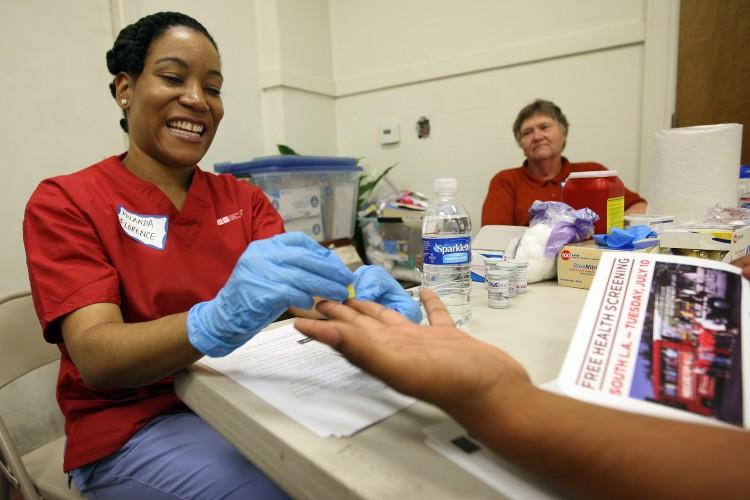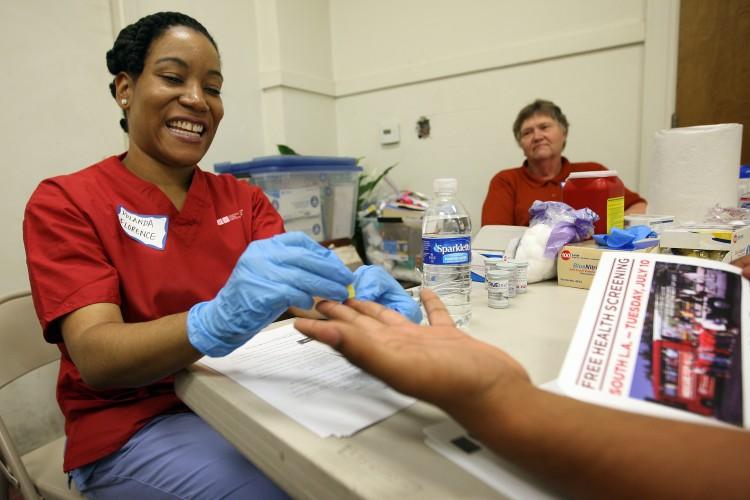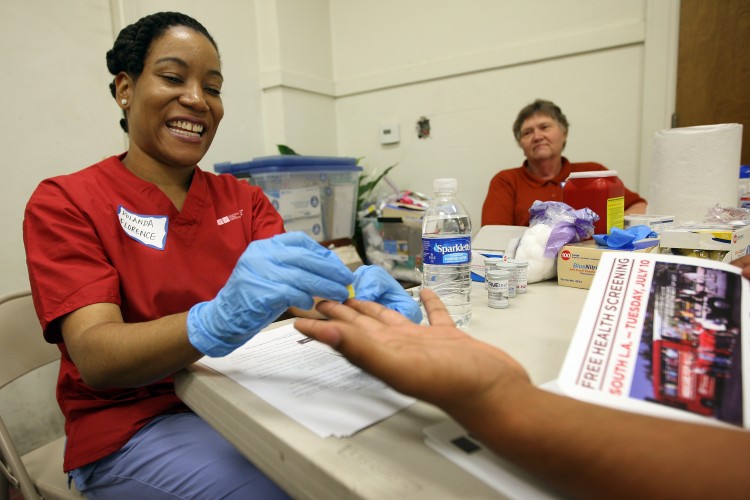Better work schedules that include chances to nap, less overtime, and regular meal breaks would decrease the odds of nurses being obese or overweight, according to a new study.
Lead researcher Dr. Kihye Han, Ph.D., RN, said she thinks that upcoming pilot programs in hospitals may demonstrate that better schedules, support for family responsibilities, and accessible healthy food will be associated with better health and lower weights for nurses, who have a higher rate of obesity than people in other professions. She thinks the findings will apply to other people with weight problems as well.
According to the Centers for Disease Control (CDC), 55 percent of nurses are overweight or obese.
“During the past 20 years, there has been a dramatic increase in obesity in the United States and rates remain high,” according to the CDC website. More than one-third, 35.7 percent, of Americans are obese.
The University of Maryland School of Nursing study appeared in the August issue of the Journal of Occupational and Environmental Medicine. Dr. Alison M. Trinkoff, Sc.D., MPH, BSN, RN, FAAN, Dr. Han, and others analyzed 1,700 female nurses and found that what they called “adverse work schedules” were linked to “nurse injuries, adverse health, and poor patient care outcomes.” The tough schedules appeared to be an overriding factor in nurses being overweight or obese.
Adverse schedules included overtime, on-call time, and high work burdens, according to the study. Having caregiving responsibilities at home, for children or elders, was also associated with a higher risk of obesity.
Nurses with adverse schedules were more likely to not get enough sleep, which is an independent risk factor for obesity, according to the study. Such nurses also tended to comfort themselves with fatty or sugary snacks.
Nurses on long overnight shifts are more likely than those with better schedules to get meals from vending machines. Dr. Han said she was surprised when she arrived in America from Korea to see how nurses in America work and eat. In Korea, night shift nurses are provided with healthy meals and time to eat.
Lack of sleep also went along with lack of exercise.
“I want to continue this work, testing some interventions,” said Dr. Han to The Epoch Times.
The study conclusions call for workplace education about sleep improvement, providing daycare for children and elders, and providing healthy food to nurses at work.
Dr. Han said that staff at an intensive care unit was trying to work out a way to offer naps for nurses, but the unpredictable nature of the work was making that difficult.
Dr. Trinkoff and her colleagues stated in a press release, “In particular, for nurses with unfavorable work schedules, organizations should support improving schedules and promote the ability to practice healthy behaviors.”
Drs. Trinkoff, Carla Storr, Jeanne Geiger-Brown, and Karen Johnson from the University of Maryland and professor Sungae Park of the Seoul National University contributed to the study.
The Epoch Times publishes in 35 countries and in 19 languages. Subscribe to our e-newsletter.







